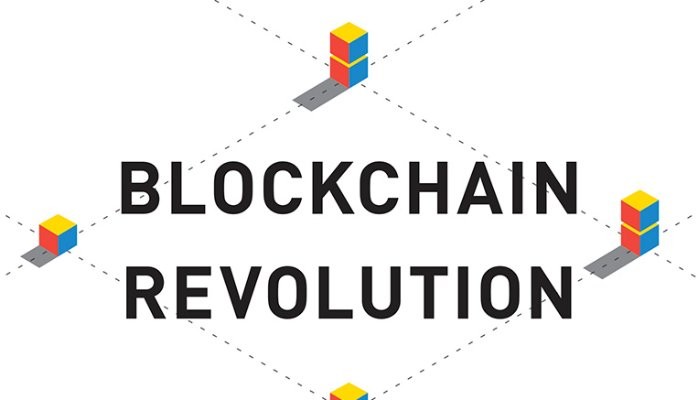Introduction:
Blockchain technology has emerged as a groundbreaking innovation that has the potential to revolutionize multiple industries, from finance to supply chain management. At its core, blockchain is a decentralized and immutable digital ledger that enables secure and transparent transactions without the need for intermediaries. This article explores the blockchain revolution, highlighting its ability to unleash decentralized trust and disrupt industries across the globe.
Decentralized Trust:
Traditionally, trust has been established through centralized authorities such as banks, governments, and intermediaries. However, blockchain introduces a paradigm shift by enabling decentralized trust. Through a distributed network of computers, blockchain allows participants to verify and validate transactions without relying on a single central authority. The transparent and immutable nature of blockchain ensures that all transactions are recorded and cannot be altered, providing a high level of trust and transparency among participants.
Transforming Finance:
The financial industry is one of the sectors that stands to be significantly disrupted by blockchain technology. Blockchain-based cryptocurrencies, such as Bitcoin and Ethereum, offer alternative forms of digital currency that enable peer-to-peer transactions without the need for traditional banking systems. Smart contracts, powered by blockchain, have the potential to revolutionize the way financial agreements and contracts are executed, eliminating the need for intermediaries and reducing costs. Moreover, blockchain-based solutions facilitate faster cross-border transactions, enhance security, and enable financial inclusion for the unbanked population.
Also Read: The Rise of Artificial Intelligence: Transforming Industries and Shaping the Future
Revolutionizing Supply Chain Management:
Blockchain has the power to transform supply chain management by increasing transparency and traceability. With blockchain, each step of a product’s journey, from sourcing to manufacturing to delivery, can be recorded and verified on an immutable ledger. This ensures the authenticity and provenance of goods, mitigates the risk of counterfeit products, and enhances supply chain efficiency. By providing real-time visibility into transactions and inventory levels, blockchain enables more accurate demand forecasting, streamlined logistics, and improved collaboration among stakeholders.
Enhancing Data Security and Privacy:
Data security and privacy have become paramount concerns in the digital age. Blockchain technology offers a decentralized and tamper-resistant solution to safeguard sensitive information. By employing cryptographic techniques, blockchain ensures that data stored on the ledger remains secure and cannot be altered without consensus from the network participants. This holds tremendous potential in industries such as healthcare, where patient records can be securely stored and shared while maintaining privacy and data integrity.
Disrupting Other Industries:
Beyond finance and supply chain management, blockchain has the potential to disrupt various other industries. Real estate transactions can be streamlined and made more transparent through blockchain-based property registries. The entertainment industry can leverage blockchain to revolutionize royalty payments and intellectual property rights management. Voting systems can become more secure, transparent, and resistant to tampering through blockchain-based solutions. These examples illustrate the versatility and disruptive potential of blockchain technology across multiple sectors.
Conclusion
The blockchain revolution is underway, with the potential to transform industries and reshape our society. By enabling decentralized trust, blockchain offers new possibilities for secure and transparent transactions, disrupting traditional models and eliminating intermediaries. As the technology continues to evolve, it is crucial to address scalability, energy efficiency, and regulatory challenges to unlock its full potential. The widespread adoption of blockchain has the potential to create a future where trust, security, and efficiency are seamlessly integrated into various aspects of our daily lives.




